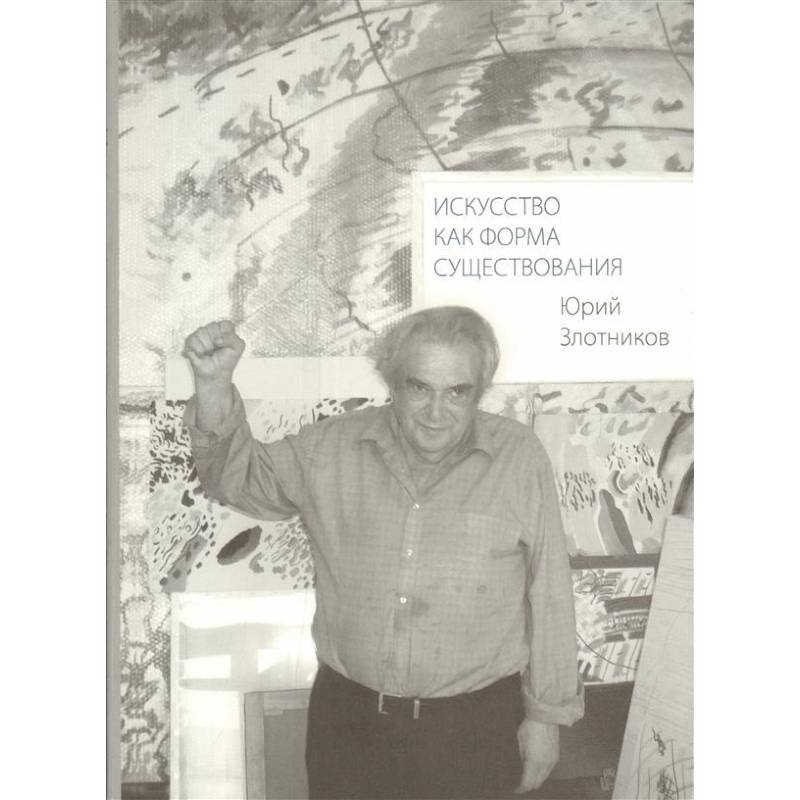Art as a form of existence
Please sign in so that we can notify you about a reply
The first edition of the texts of Yuri Savelyevich Zlotnikov (1930-2016), with whose name the whole era of Russian art of the second half of the 20th century is associated.
The paradoxical thought of the classic of Russian abstract art gives us rare examples of infinite will to cognition, the organic need for freedom. Such a unique perception of reality makes our experience in reading a variety of thoughts of Y. Zlotnikov - from household observations and children"s memories to disputes with colleagues about art and notes on addictions in literature and music.
Let us give several quotes:
So I came to the conservatory for the concert of Shostakovich. Shostakovich stands in the smoking room, there is a Neigauz with an incredibly blue tie, old Neigauz smokes. And I thought so: “My God, artists, artists, in general, in the unfree of seemingly Russia, let it be Khrushchev, the Brezhnev era, I really do not know ... and some desire for freedom! What it is?
Malevich dared to create a square and declare it with painting, with his word in it. And Levitan writes some kind of forest clearing that is completely unknown in the plan-I’ll just draw a random fence, which you walk past every day, and claims that this is the picture. That is, he created a new view of Russia, which could be called Chekhovskaya.
... I look back. Life itself is made by a very interesting object of attention and contemplation, you consider it as some phenomenon. What is life? I want to say that I am grateful to the art of knowledge, knowledge of myself, the knowledge of the surrounding space of the world. And it does not allow to calm down, it does not allow to rely on some experience
The paradoxical thought of the classic of Russian abstract art gives us rare examples of infinite will to cognition, the organic need for freedom. Such a unique perception of reality makes our experience in reading a variety of thoughts of Y. Zlotnikov - from household observations and children"s memories to disputes with colleagues about art and notes on addictions in literature and music.
Let us give several quotes:
So I came to the conservatory for the concert of Shostakovich. Shostakovich stands in the smoking room, there is a Neigauz with an incredibly blue tie, old Neigauz smokes. And I thought so: “My God, artists, artists, in general, in the unfree of seemingly Russia, let it be Khrushchev, the Brezhnev era, I really do not know ... and some desire for freedom! What it is?
Malevich dared to create a square and declare it with painting, with his word in it. And Levitan writes some kind of forest clearing that is completely unknown in the plan-I’ll just draw a random fence, which you walk past every day, and claims that this is the picture. That is, he created a new view of Russia, which could be called Chekhovskaya.
... I look back. Life itself is made by a very interesting object of attention and contemplation, you consider it as some phenomenon. What is life? I want to say that I am grateful to the art of knowledge, knowledge of myself, the knowledge of the surrounding space of the world. And it does not allow to calm down, it does not allow to rely on some experience
Author:
Author:Zlotnikov Yu.
Cover:
Cover:Soft
Category:
- Category:Arts & Photography
- Category:Culture
- Category:Reference books
Publication language:
Publication Language:Russian
ISBN:
ISBN:978-5-904099-32-9
No reviews found
